Midlife Nutrition for Menopause and Beyond
Once your periods have finally stopped, most women find that the symptoms of menopause start to ease off. But the lower estrogen levels that your body produces post-menopause can have long term implications for your health.
This can include increased risk of osteoporosis (thinning of the bones which means they are more likely to break) and cardiovascular disease such as heart disease and stroke.
But the good news is that a healthy diet and lifestyle can help to reduce any menopausal symptoms you may still be experiencing as well as protecting against these long term health problems. A healthy midlife lifestyle means giving up smoking as well as getting regular exercise and sleep, but it’s also important to eat a healthy diet for menopause.
Here are some simple guidelines for good nutrition for menopause.
Eating a varied diet
Whether you’ve been through the menopause already or are still in the perimenopause, diet is very important for your general health. Many women don't get enough of the nutrients such as iron and calcium which are important for health at this stage of life.
Calcium
This nutrient is vital for good bone health. So it’s important to make sure you’re getting enough now that your estrogen levels put you at greater risk of osteoporosis.
It’s found in dairy produce, bony fish (think sardines or canned salmon), legumes and broccoli. Some bread and cereals are fortified with calcium and so are some dairy alternatives such as soy milk.
Vitamin D
Vitamin D helps your body to absorb calcium and low vitamin D levels are also associated with cardiovascular disease.
Sunlight helps your body to produce vitamin D but it’s difficult to get enough sunshine during the winter months. This means that many people don’t produce enough vitamin D in their skin, so it’s good to make sure you’re getting enough in your diet.
Rich sources of vitamin D include oily fish, eggs and fortified products like cereals and dairy products.
Do you need supplements?
If you’re vegan or don’t like the foods that are rich in calcium or vitamin D, taking a supplement can help to make sure you’re getting enough of these important nutrients.
There are some good supplements available in health food stores and drug stores, but you may wish to discuss this with your physician first.
Foods to help perimenopause and menopause symptoms
As well as eating a balanced and varied diet, there are some specific foods to help perimenopause symptoms.
The phytoestrogens (plant estrogens) in some plant based foods can have an effect in the body that is similar to estrogen and so may help to relieve menopause symptoms.
Isoflavones are a type of phytoestrogen that may help lower cholesterol levels as well as relieving hot flashes and night sweats. Legumes, lentils, chickpeas and soy products like soy milk and tofu contain these isoflavones. You could try eating more of these foods to help perimenopause and menopause symptoms.
Foods to avoid during Menopause
Certain food and drink can be a common trigger for hot flashes during menopause. Some of the most common triggers include spicy foods, caffeine and alcohol.
**If you identify a pattern of symptoms after eating or drinking these foods, you may want to remove them from your diet.
Share this:





